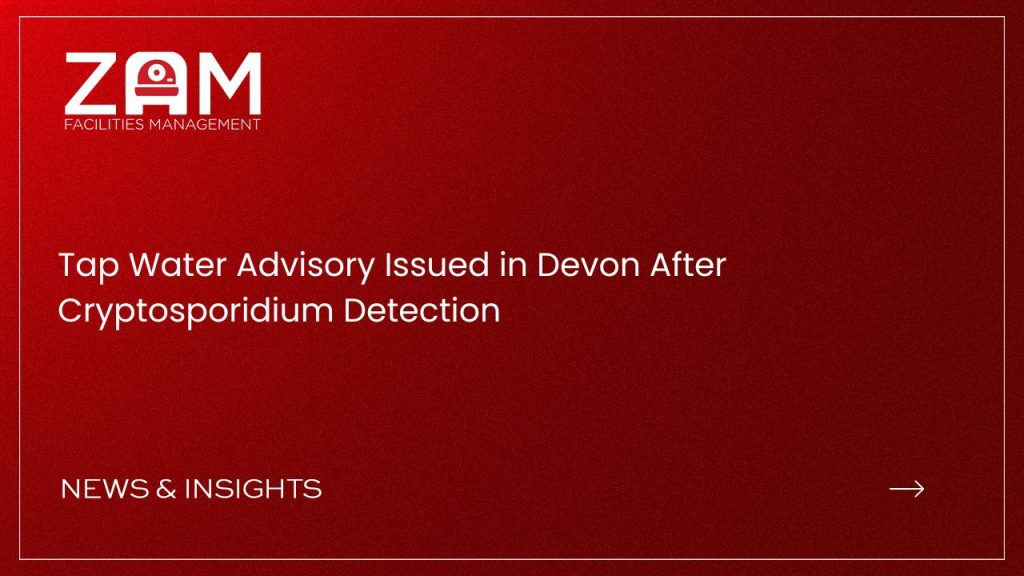Residents in parts of Devon have been advised to boil their tap water before consumption after the presence of cryptosporidium, a potentially harmful parasite, was detected in the water supply. The warning has been issued by South West Water (SWW) and affects people living in the Alston and Hillhead areas of Brixham, a coastal town in the region.
Cryptosporidium, a microscopic parasite, can cause gastrointestinal illnesses such as sickness, diarrhoea, and vomiting. The UK Health Security Agency (UKHSA) has confirmed an outbreak of 16 cases of cryptosporidiosis, the infection caused by the parasite, in Brixham. Additionally, around 70 reported cases of diarrhoea and vomiting have been recorded in the area, with more cases being reported on social media.
SWW, the water utility company responsible for the affected areas, has stated that their investigation into the cause is ongoing. According to the company, data shows that the treated water leaving their treatment works was not contaminated. However, recent tests conducted overnight in the Hillhead section of their network have detected small traces of cryptosporidium.
In response to the situation, SWW has issued a boil water advisory for residents in the affected areas of Alston and Hillhead in Brixham. Customers have been advised to boil their drinking water before consuming it until further notice. The company has also stated that bottled water stations will be set up in the affected areas as soon as possible to ensure access to safe drinking water.
The UKHSA has confirmed that it is working closely with Torbay Council, SWW, NHS Devon, and the Environment Agency to investigate the source of the contamination and implement necessary control measures.
Sarah Bird, a consultant in health protection at UKHSA South West, stated, “We are working closely with partners to investigate the possible source of infection and put control measures in place. Further possible cases are under investigation, and more cases are anticipated.”
Cryptosporidiosis, the illness caused by cryptosporidium, can lead to symptoms such as watery diarrhoea, stomach pains, dehydration, weight loss, and fever, typically lasting for two to three weeks. While most healthy individuals recover fully, the UKHSA advises seeking medical attention if severe symptoms like bloody diarrhoea occur. Residents are also advised to stay off work or school for 48 hours after the last episode of illness and avoid swimming pools for 14 days after recovery.
As the investigation continues, SWW and health authorities are committed to keeping the public informed and taking necessary measures to ensure the safety of the water supply and public health in the affected areas.
Contact Detail
For Security Contact Us!
- Number: +44 0161 791 5300
- Email: info@zamfm.co.uk
- Address: 1b First Floor, Bank House The Paddock, Handforth, Wilmslow, England, SK9 3HQ
